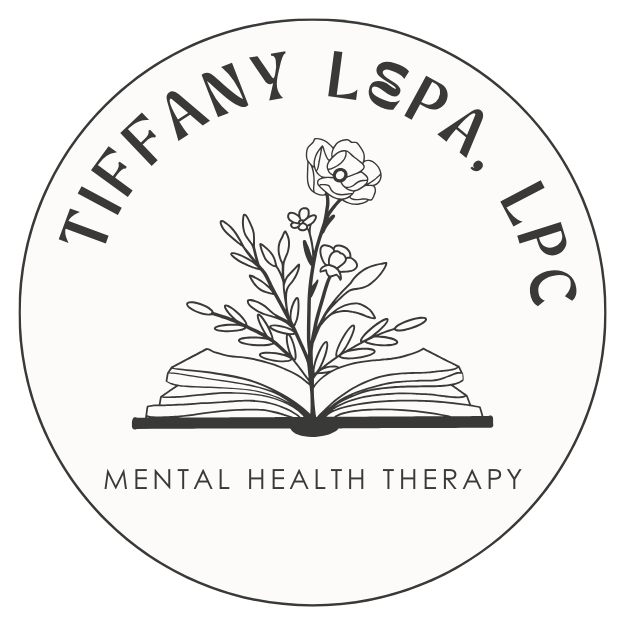Therapeutic Approaches
-

Narrative Therapy
I view clients as the authors of their own stories, but sometimes we get stuck in narratives that others have placed upon us. Through a narrative lens, we’ll deconstruct unhelpful narratives and limiting beliefs to give you space to rewrite your story in an authentic and empowered way.
-

Acceptance + Committment Therapy
Acceptance and Commitment Therapy (ACT) aims to help you accept your thoughts and feelings without judgment. We will explore your values, using them as a roadmap for future decision-making. The goal is to build psychological flexibility, empowering you to live a more meaningful and fulfilling life despite life's ups and downs.
-

Person-Centered
Person-centered therapy means that the client takes an active role in their healing, exploring their feelings, thoughts, and experiences at their own pace. As your therapist, I provide a compassionate, non-judgmental environment, offering empathy, understanding, curiosity, and genuine acceptance to help you feel safe and supported enough to explore and grow.
-

Health at Every Size
Health at Every Size (HAES®) is an approach to treating body image and disordered eating that rejects the idea that health is determined solely by weight, body size, or appearance. We will work to deconstruct prior ideas of what health means to create a more holistic concept of health that aligns with your values. Moving towards body neutrality and body respect, our work will emphasize self-care, intuitive eating, and joyful movement. The goal is to help you build a more positive relationship with your body and focus on behaviors that support overall health, rather than dieting or weight loss.
-

EMDR
EMDR (Eye Movement Desensitization and Reprocessing) is an evidence-based trauma treatment that helps clients process and heal from past trauma by using guided eye movements or other forms of bilateral stimulation, with one foot in the present (the safety of a therapy session) and one foot in the past. Together, we will work towards developing body awareness and creating grounding tools to help decrease the distress caused by triggers. EMDR helps rewire how memories are stored, reducing the emotional distress around them and making it easier to move forward without getting “stuck” in a trauma response.
-

Parts Work
Another form of trauma therapy that I use is parts work, which is particularly helpful with complex trauma. Parts work focuses on recognizing and understanding the different "parts" of ourselves (such as the inner critic, inner child, or protector), and how they shape our thoughts and behaviors. By acknowledging the needs and intentions of each of our parts, we work towards developing self-compassion. In return, we can integrate and balance these parts to heal and create a more harmonious sense of self.












